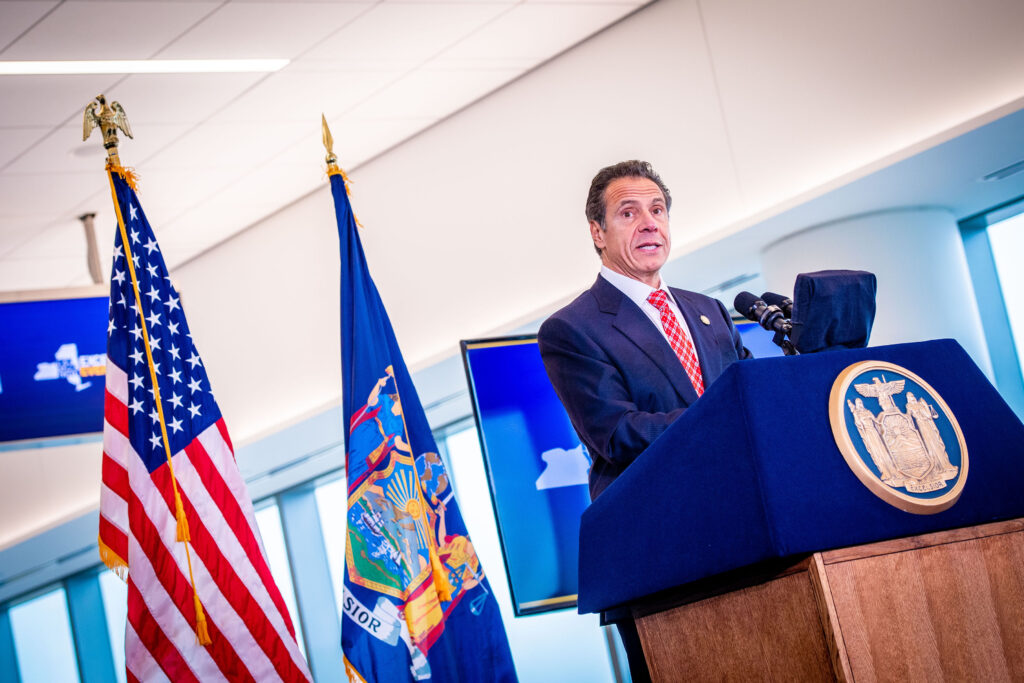On November 10th, New York Governor Andrew M. Cuomo signed legislation expanding the state’s anti-SLAPP statute—strategic litigation against public participation—to better protect individuals from being the target of frivolous lawsuits.
For more than 25 years, New York’s anti-SLAPP law applied only protected speech on “public petitions or participation.” So, if a blogger was sued by, say, a real estate developer over their writing about the developer’s government contracts, they could use the old anti-SLAPP law. But, if that same blogger was sued by a movie celebrity for defamation, the old law would not have applied.
The law’s limited scope was particularly surprising given the fact that New York has the greatest share of newsroom employees in the United States.
Strong anti-SLAPP statutes give courts the ability to dismiss lawsuits brought against journalists and individuals that are aimed at suppressing speech on matters of public concern. The measure is intended to protect defendants from accruing large legal fees. Effective anti-SLAPP laws also contain provisions requiring plaintiffs who bring SLAPP-suits to pay for the defendant’s fees and costs.
The new law includes the following new protections:
- Broadens the scope of the state’s anti-SLAPP law to encompass any lawsuit targeting speech “in connection with an issue of public interest.”
- Defines public interest in broad terms, as anything that is not a “purely private matter.”
- Requires courts to postpone all hearings and discovery efforts while the anti-SLAPP motion is pending.
- Ensures that defendants recover all costs and attorney fees if the court finds that a lawsuit was pursued in bad faith.
Gabe Rottman, director of the Technology and Press Freedom Project at the Reporters Committee for Freedom of the Press, applauded the new protections in a statement on the group’s site.
“This legislation will help ensure that lawsuits aimed at silencing journalists and others who speak about matters of public interest can be dismissed more quickly, and that those who successfully defend against such lawsuits will be able to recover their attorneys’ fees and costs. These changes are a victory for the exercise of First Amendment rights and the free flow of information to the public,” Rottman said.
Tags



